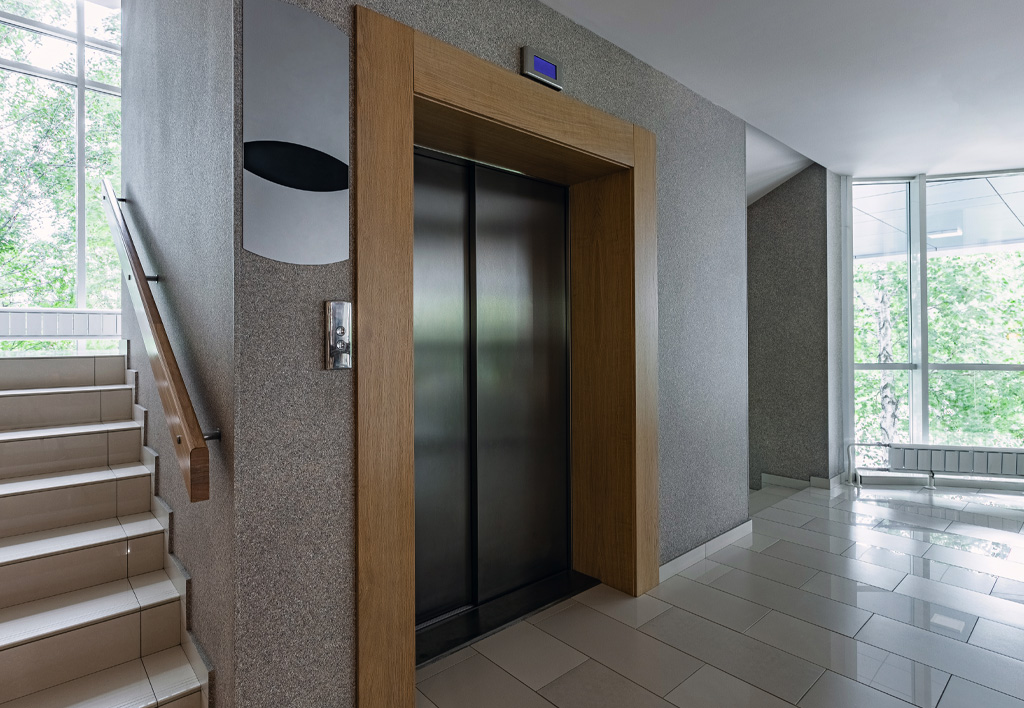In the realm of personal injury law, elevator injury lawyer stand as beacons of justice, guiding victims through the labyrinthine legal landscape. Elevator accidents, while often preventable, can leave lasting physical, emotional, and financial scars. This comprehensive guide delves into the intricacies of elevator injury law, empowering you with the knowledge to navigate the legal process and seek fair compensation for your suffering.
Elevator accidents are not mere mishaps; they are often the result of negligence or faulty maintenance. Understanding the legal liability of building owners, maintenance companies, and manufacturers is crucial in establishing fault and pursuing a successful claim.
Elevator Injury Overview: Elevator Injury Lawyer

Elevator injuries refer to physical or psychological harm sustained as a result of malfunctioning or improperly maintained elevators. These incidents can occur due to various factors, including mechanical failures, electrical malfunctions, and human error.
Elevator accidents are a prevalent concern, with thousands of injuries reported annually. The consequences of these accidents can range from minor bruises to severe injuries, including fractures, spinal cord damage, and even death.
Role of Elevator Injury Lawyers
Elevator injury lawyers play a crucial role in assisting victims of elevator accidents. They provide legal representation, ensuring that the injured parties receive fair compensation for their damages. Elevator injury lawyers are well-versed in the complex laws and regulations surrounding elevator safety, and they can effectively navigate the legal process on behalf of their clients.
Damages in Elevator Injury Cases

When an individual suffers injuries due to an elevator accident, they may be entitled to compensation for the damages they have sustained. Damages in elevator injury cases can include both economic and non-economic losses.
Economic damages are those that have a specific monetary value, such as medical expenses, lost wages, and property damage. Non-economic damages, on the other hand, are those that do not have a specific monetary value, such as pain and suffering, emotional distress, and loss of enjoyment of life.
Calculating and Awarding Damages
The amount of damages that an individual is awarded in an elevator injury case will depend on a number of factors, including the severity of their injuries, the extent of their economic losses, and the degree of negligence on the part of the defendant.
In most cases, damages are calculated by adding up the total amount of economic damages and the total amount of non-economic damages.
Medical Evidence
Medical evidence plays a crucial role in proving damages in elevator injury cases. This evidence can be used to document the extent of the victim’s injuries, the cost of their medical treatment, and the impact of their injuries on their daily life.
Without medical evidence, it can be difficult to prove the extent of the victim’s injuries and the amount of compensation they are entitled to.
Finding an Elevator Injury Lawyer
After an elevator injury, finding a skilled lawyer is crucial for maximizing your compensation and protecting your rights. Here’s what to look for:
Experience and Expertise
Seek a lawyer specializing in elevator accident cases. They have the knowledge, experience, and understanding of the complexities involved, including liability laws and insurance policies.
Reputation and Referrals
Check the lawyer’s reputation by reading online reviews and asking for referrals from previous clients. A positive track record and strong client testimonials indicate competence and trustworthiness.
Communication and Accessibility, Elevator injury lawyer
Choose a lawyer who is responsive, communicative, and accessible. They should keep you informed throughout the process and be available to answer your questions and concerns promptly.
Fees and Costs
Discuss the lawyer’s fee structure upfront. Many elevator injury lawyers work on a contingency basis, meaning you pay no fees unless they recover compensation for you.
Free Consultations
Take advantage of free consultations offered by many law firms. This allows you to meet the lawyer, assess their expertise, and ask questions before making a decision.
Case Studies and Examples
Real-world case studies provide valuable insights into the strategies and arguments used to secure favorable outcomes in elevator injury lawsuits. They showcase the complexities of these cases and the approaches that have proven successful.
One notable case involved an individual who suffered severe injuries after being trapped in a malfunctioning elevator for several hours. The attorney representing the victim argued that the building owner had failed to maintain the elevator properly, resulting in the dangerous incident. The attorney presented evidence of prior complaints about the elevator’s operation and argued that the building owner should have taken proactive measures to prevent the accident.
Lessons Learned and Best Practices
Case studies like this highlight the importance of establishing negligence and demonstrating the extent of the injuries sustained. Attorneys handling elevator injury cases should focus on gathering evidence of faulty maintenance, inadequate safety measures, and any prior incidents or complaints related to the elevator.
By understanding the strategies and arguments that have led to successful outcomes in the past, attorneys can effectively represent their clients and seek just compensation for their injuries.
End of Discussion
Navigating the legal complexities of elevator injury cases requires the expertise of a seasoned elevator injury lawyer. With a deep understanding of the law, they can effectively represent your interests, negotiate favorable settlements, and advocate for your rights in court. By partnering with a skilled legal professional, you can maximize your chances of obtaining just compensation and holding negligent parties accountable.
FAQ Corner
What are the common causes of elevator accidents?
Elevator accidents can result from various factors, including faulty wiring, mechanical malfunctions, improper maintenance, and operator negligence.
Who is liable for elevator injuries?
Liability in elevator accidents can fall upon building owners, maintenance companies, manufacturers, or a combination thereof, depending on the circumstances of the accident.
What types of damages can I recover in an elevator injury case?
Elevator injury victims may be entitled to compensation for medical expenses, lost wages, pain and suffering, and other damages as deemed appropriate by the court.